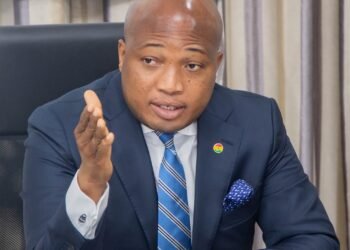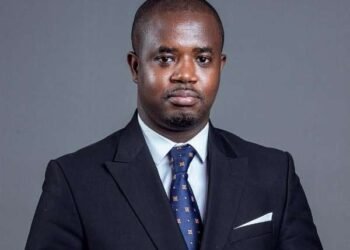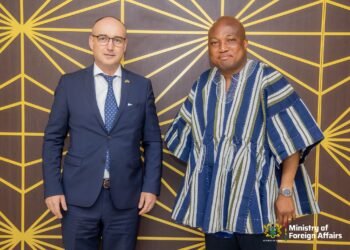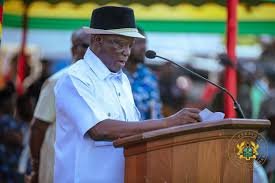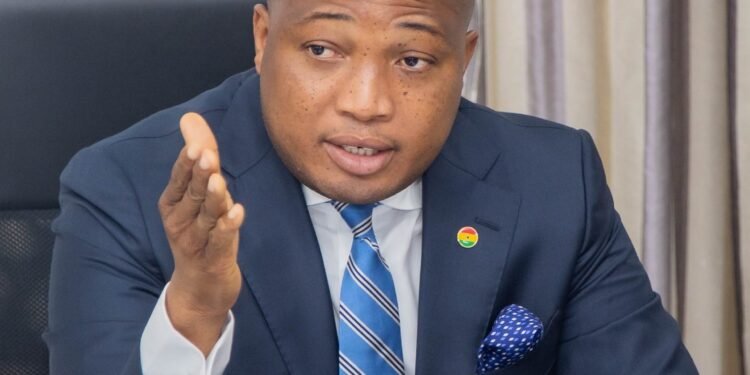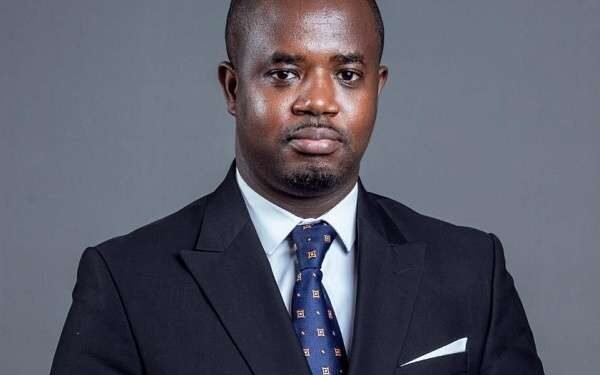Divine Kpe, a Senior Program Officer at EDUWATCH, has made a compelling call for an urgent review of Ghana’s educational curriculum to align with international standards.
In a recent interview, Mr. Kpe underscored the importance of updating the curriculum, which he believes is critical for the nation’s educational progress and competitiveness on the global stage. Mr. Kpe emphasized that effective curriculum updates are essential, citing global best practices that recommend a revision cycle of every five years.
“Our current curriculum has been stagnant for over a decade. Much of the content is outdated, so a review is essential to align with contemporary educational needs.”
Divine Kpe, a Senior Program Officer at EDUWATCH
The call from Mr. Kpe highlights a significant concern in Ghana’s education sector: the stagnation of the curriculum. This stagnation, according to Mr. Kpe, has resulted in a disconnect between what is taught in schools and the skills and knowledge required in today’s world.
“Education is the cornerstone of national development. When the curriculum is outdated, it not only hampers students’ potential but also the country’s ability to compete internationally.”
Divine Kpe, a Senior Program Officer at EDUWATCH
Global best practices in education suggest that curricula should be reviewed and updated every five years to ensure they remain relevant and responsive to new developments in various fields of knowledge, technology, and pedagogy.
These updates help in addressing emerging challenges and equipping students with the skills needed to thrive in a rapidly changing world. Mr. Kpe’s call reflects an urgent need for Ghana to follow suit, ensuring that its students are not left behind in a globally competitive environment.
In addition to the outdated curriculum, Mr. Kpe pointed out significant deficiencies in school resources across the country. These deficiencies, he argued, severely hinder the effectiveness of education in Ghana.
Many schools, particularly those in rural areas, are operating under challenging conditions. Some classrooms are in such poor condition that students are forced to sit on the floor, a situation that Mr. Kpe believes is unacceptable in the 21st century.
The lack of basic resources such as desks, chairs, textbooks, and teaching materials not only undermines the quality of education but also demoralizes both students and teachers.
Mr. Kpe emphasized that without addressing these resource gaps, even the best curriculum updates would fail to achieve their intended outcomes.
Need for Strengthening Basic Education
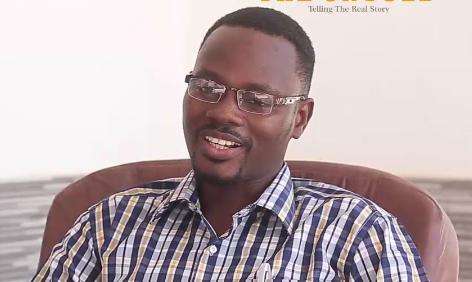
The EDUWATCH official emphasized that improvement at the foundational level of education is crucial for progress at higher educational levels.
Without a strong foundation in primary and junior high education, students are less likely to succeed in secondary and tertiary institutions, which ultimately affects the nation’s overall development.
“Strengthening basic education is not just about improving facilities or updating curricula; it’s about ensuring that every child in Ghana has the opportunity to receive a quality education that prepares them for the future.”
Divine Kpe, a Senior Program Officer at EDUWATCH
A critical aspect of Mr. Kpe’s interview was his critique of Ghana’s major political parties for their perceived neglect of basic education.
“It is troubling that neither political party (NDC and NPP) has put forward detailed plans for enhancing primary and junior high education. We must hold them accountable and demand concrete strategies for basic education reform.”
Divine Kpe, a Senior Program Officer at EDUWATCH
Mr. Kpe’s comments come at a time when the need for education reform in Ghana is becoming increasingly evident. With a rapidly growing population and the challenges posed by technological advancements, the pressure on the education system to deliver quality education is more significant than ever.
Yet, according to Mr. Kpe, the political will to prioritize and address these challenges remains insufficient.
Mr. Kpe’s call for an urgent review of Ghana’s education curriculum and a renewed focus on resource allocation is a timely reminder of the need to prioritize education reform in the country.
The responsibility lies with policymakers, educators, and the broader community to take action and ensure that the country’s education system is fit for the challenges of the 21st century.
READ ALSO: Sudan’s Humanitarian Crisis Takes A Nosedive




